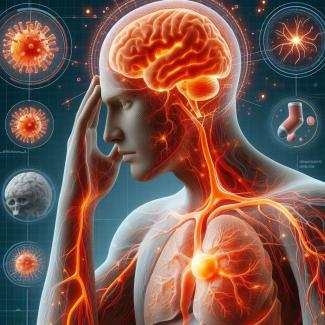
Cortisol and stress do turn off, but the timing and effectiveness of this "turning off" process can vary based on factors such as the intensity of the stressor, an individual's coping abilities, and the duration of stress exposure. While cortisol and stress don't shut down immediately after a stressful situation ends, their levels in the body gradually decrease as the body returns to a state of equilibrium.
To mitigate the negative effects of prolonged stress and high cortisol levels, here are some strategies:
- Relaxation techniques: Practicing relaxation techniques such as deep breathing, progressive muscle relaxation, mindfulness meditation, or yoga can help reduce cortisol levels and alleviate stress.
- Physical activity: Regular exercise is an effective way to reduce stress and improve mood, and it can also lower cortisol levels in the body.
- Balanced diet: Eating a healthy and balanced diet rich in vitamins, minerals, and antioxidants can help reduce the impact of stress on the body and improve overall health and well-being.
- Adequate sleep: Ensuring sufficient quantity and quality of sleep is crucial for managing stress and lowering cortisol levels in the body.
- Social support: Connecting with friends, family, or a therapist can help reduce stress and improve stress coping mechanisms.
- Stress management: Identifying and managing stressors in life, setting healthy boundaries, and practicing time management techniques can help reduce exposure to stress and consequently lower cortisol levels.
By incorporating these strategies into daily life, individuals can mitigate the negative effects of stress and reduce cortisol levels, contributing to better health and well-being over time.






